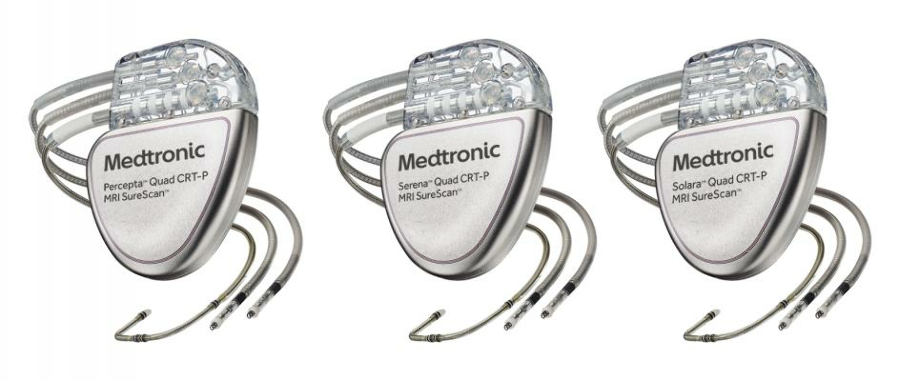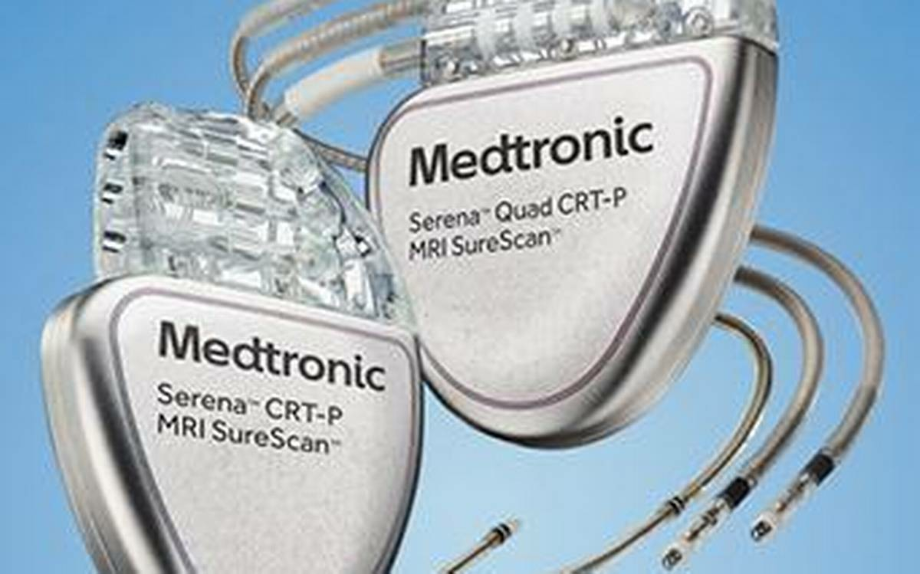


Speak with a care coordinator today.Medtronic is recalling seven of its implantable cardioverter defibrillators (ICDs) and cardiac resynchronization therapy devices (CRT-Ds) due to the risk of a shortened battery life. Our experienced team is ready to help you and answer any questions about your heart health. If you have concerns about your pacemaker, set up an appointment with Heart Rhythm Consultants in the Sarasota and Tampa Bay area.
A sensation that your generator is loose in its pocket under your skin. A persistent feeling that your heart is fluttering. Pain, swelling, redness, or drainage at the site of implantation. Twitching muscles in your abdomen or chest. There are some situations when you need to seek emergency care. If you think it is failing, you should contact your cardiologist or electrophysiologist (also known as an EP doctor). You can also inform doctors and dentists before undergoing any procedures that you have a pacemaker. You can take care of your health and your pacemaker by making sure not to pull, twist, or push the generator. Therefore, it is important to seek help as soon as possible. The risk of death-related to cardiac problems doubles. The risk of stroke for patients with atrial fibrillation (AFib) increases by five times. If your pacemaker fails, you are at increased risk of stroke and heart failure. The wire between your pacemaker and your heart has broken, impairing communication between the electrodes and the generator. Your doctor can help you understand what devices should be avoided. These do not include simple, everyday devices such as cell phones, microwaves, electric blankets, or TV remotes. There is electromagnetic interference caused by strong magnets or power generators. Doctors will use that data to adjust your pacemaker to work most effectively for you. Your pacemaker records your heart’s electrical activity. Your condition has changed and it needs to be reprogrammed. There are several reasons why your pacemaker might stop working. You might have chest pain, difficulty breathing, dizziness, or lightheadedness. You can tell if your pacemaker is malfunctioning if you are starting to experience symptoms of arrhythmia. Signs and Causes of Pacemaker Malfunction These pulses travel through the wires to the heart, helping the heart adjust its rhythm. If the electrode detects an abnormal heartbeat, the computer tells the generator to create electrical pulses. The electrodes transmit this data through wires to a computerized, battery-powered generator. 
Pacemakers consist of electrodes that monitor your heartbeat. To avoid this, a pacemaker is used to correct abnormal heart rhythms. People with these conditions can struggle with getting enough blood pumped through the body, causing tiredness, difficulty breathing, or even fainting. This includes tachycardia, which is an unusually fast heart rate, and bradycardia, which is an unusually slow heart rate. How Your Pacemaker Helps Your HeartĪ pacemaker helps people with arrythmias. These devices are essential to patient health, so it is important to know if your pacemaker has stopped working and what to do about it.

There are 3 million people living with pacemakers around the world, and 600,000 new pacemakers are implanted each year.
Electrophysiology Study: How EP Doctors Diagnose AFibĪ pacemaker is a device placed in your chest or abdomen that sends electrical pulses, helping the heart to beat at a normal rhythm.








 0 kommentar(er)
0 kommentar(er)
